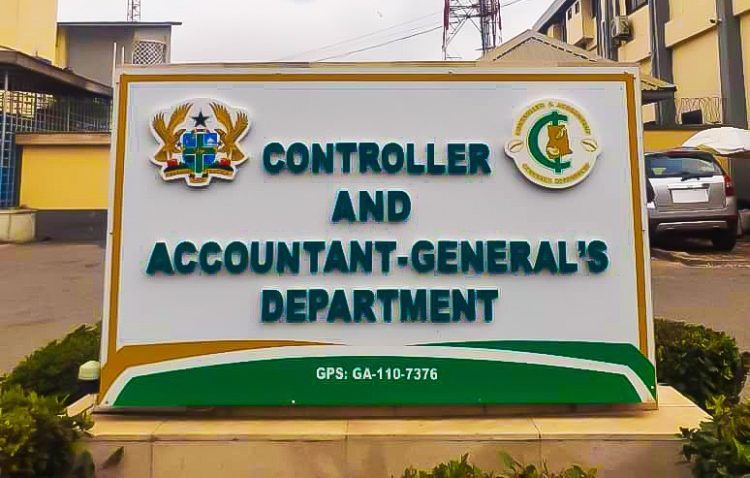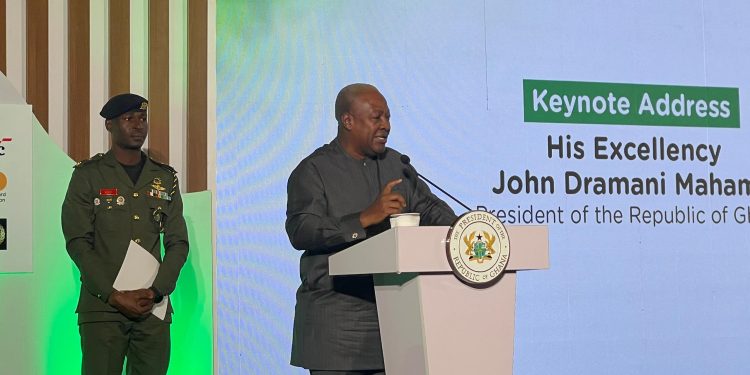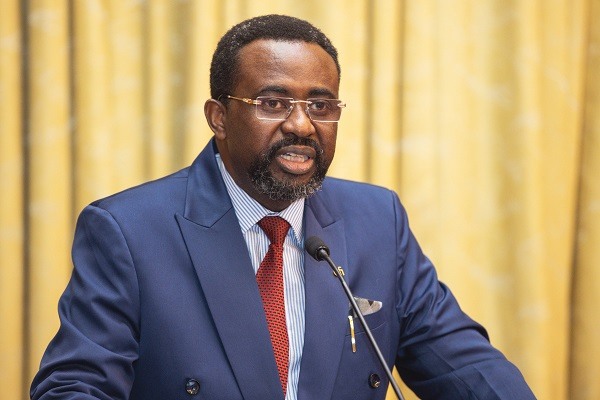Controller and Accountant-General,Kwaku Agyei has warned that the country’s rising public sector wage bill is placing mounting pressure on its fiscal health, as government salaries now account for more than half of domestic revenue.
Mr. Agyei said at a press briefing in Accra that salaries paid to public workers consume between 57% and 58% of the government’s income, leaving little room for critical investments in health, infrastructure, and education. “This is a threat to fiscal sustainability,” he said. “Almost 60 percent of our revenues are used just to pay salaries. That’s a crowding-out effect—we are not creating space for other prioritized government expenditure.”
Mr. Agyei made the remarks at the launch of the African Association of Accountants General’s (AAAG) third Annual Conference, emphasizing the urgency of public sector reform to prevent longer-term fiscal imbalances.
The warning comes amid heightened pressure on the Mahama administration to keep spending in check while meeting the conditions of a multibillion-dollar agreement with the International Monetary Fund. The IMF program includes strict targets on deficit reduction and fiscal discipline, areas that Ghana is struggling to maintain under the weight of its wage commitments.
Earlier this year, organized labour agreed to a 10% salary increase after negotiations with government officials. President John Mahama urged unions to exercise restraint in future wage demands, assuring workers that further increases would be considered once economic conditions improve.
Still, analysts say containing the wage bill will be a central challenge to achieving Ghana’s fiscal goals. “Without decisive action, the wage envelope will continue to erode fiscal space, making it increasingly difficult to fund development priorities,” said one senior economist familiar with the government’s budgeting process.
The government is expected to outline further cost-saving measures in its mid-year budget review next month.














